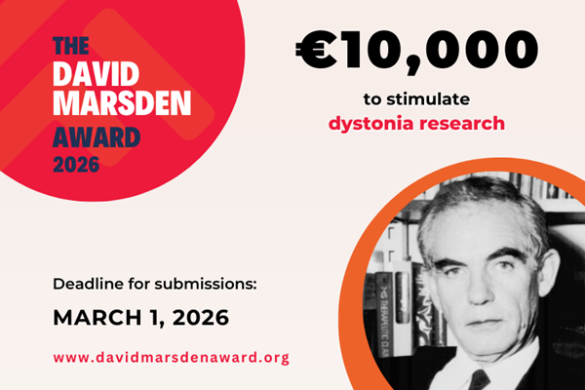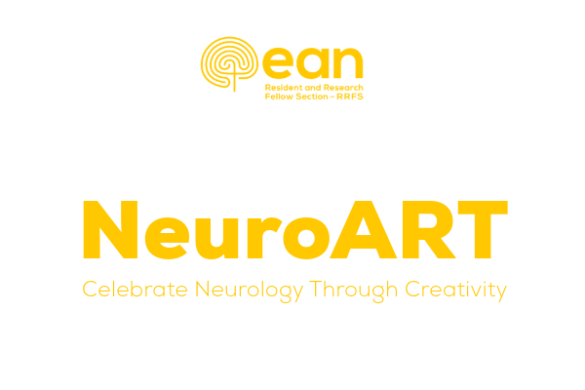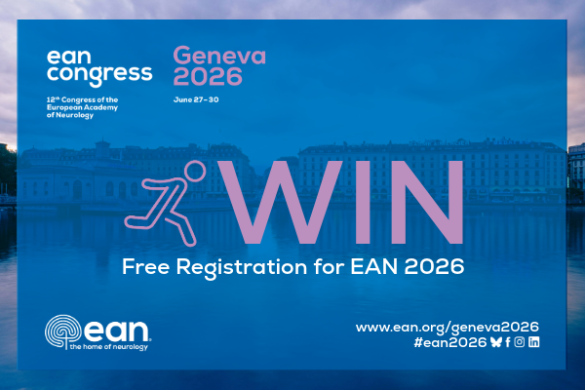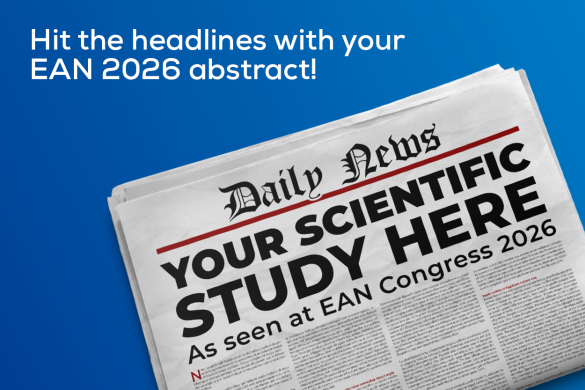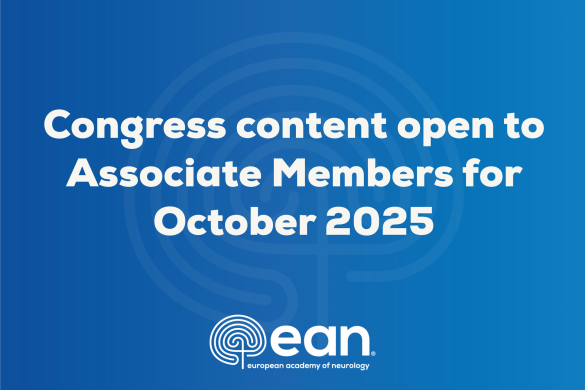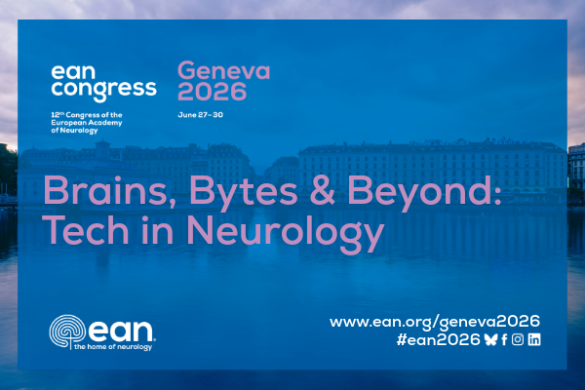by Luca Cuffaro
Symposium 2 at EAN 2023 was a collaborative session between the EAN and the European Paediatric Neurology Society (EPNS), titled ‘Neurology beyond Big Data – from Multi-“Omics” to Bedside.’ This session showcased the latest advancements in neurology research, highlighting the potential of omics approaches, the gut-brain connection through the microbiota, and the application of neuroimaging techniques.
Proteomics unveiling insights into neurodegenerative disorders
Dr. Betty Tijms from the Alzheimer Center of Amsterdam presented on the role of proteomics in understanding neurodegenerative disorders. Proteomics involves studying proteins in brain tissue and biofluids to detect pathological processes. However, the validity and utility of omics data in accurately diagnosing, prognosing, and treating brain disorders still require further investigation. Dr. Tijms discussed the challenges of using CSF proteomics in Alzheimer’s disease (AD) diagnosis, emphasising the variability of pathological findings among individuals. Integrating multiple factors, such as amyloid and tau proteins, improved the association with AD. Furthermore, data-driven approaches comparing proteomics profiles between AD patients and controls shed light on new molecular insights and the heterogeneity of AD at various levels.
Bridging the Gap Between Gut and Brain
Caroline Pot, a professor from Lausanne University, presented on the gut-brain connection through the microbiota. The gut microbiota, comprising trillions of microorganisms, has been implicated in various neurological diseases, with a particular focus on multiple sclerosis (MS). Studies have shown differences in the microbiota composition between healthy individuals and those with MS. Animal studies further confirmed the impact of dysbiosis on MS development. Specific bacterial species have been associated with MS risk and modulating gut bacteria could be a potential avenue for targeted interventions. Additionally, correlations between diet, gut metabolites, and MS symptoms were observed, highlighting the relevance of lifestyle modifications in modulating the microbiota.
Neuroimaging Insights through the ENIGMA Project
Paul Thompson from the University of Southern California discussed the progress made by the ENIGMA project in studying brain networks. This initiative, which began in 2009, has analysed over 100,000 brain scans across 33 major brain disorders. Combining neuroimaging data with genomic markers has enabled researchers to understand how these disorders affect the brain. The ENIGMA project has studied cortical thinning patterns, tracked the progression of Alzheimer’s disease, and compared treatments for mental illness. Genetic variants have also been linked to brain structure variations and the development of neurodegenerative diseases. Additionally, Thompson discussed the potential of artificial intelligence and connectomics in predicting disease outcomes and identifying optimal treatment approaches.
This EAN/EPNS session on neurology research highlighted significant advancements in the fields of proteomics, microbiota, and neuroimaging. While proteomics provides insights into the heterogeneity of neurodegenerative disorders, further research is needed to enhance diagnostic accuracy and personalised treatment. The gut-brain connection and the role of the microbiota in neurological diseases like MS open new avenues for targeted interventions and lifestyle modifications. Neuroimaging studies conducted by the ENIGMA project have shed light on the impact of various disorders on brain structure and function, paving the way for more precise diagnostic methods and tailored treatments. Embracing interdisciplinary collaborations and harnessing cutting-edge technologies, these findings hold great promise for the future of neurological research.





